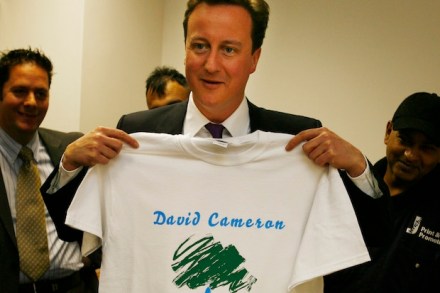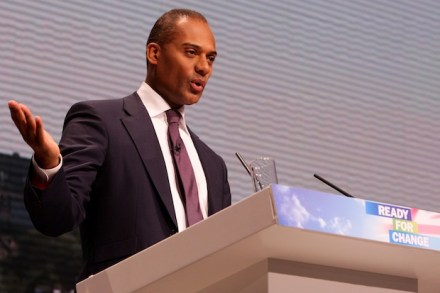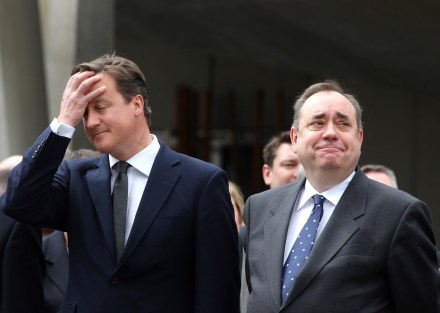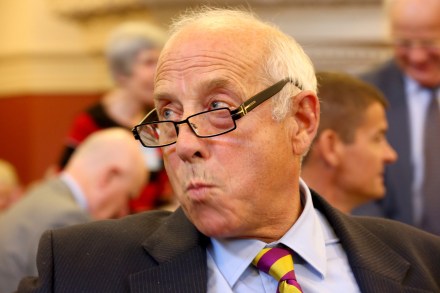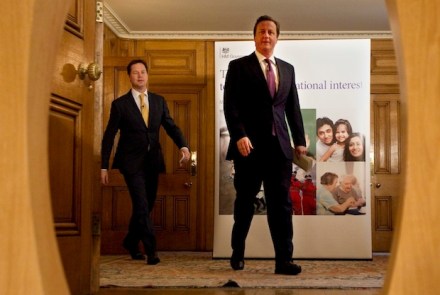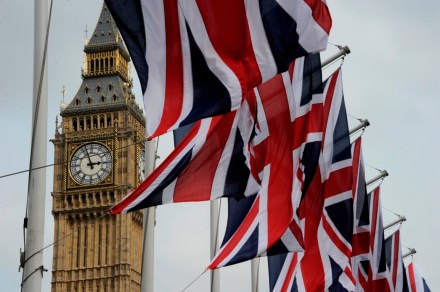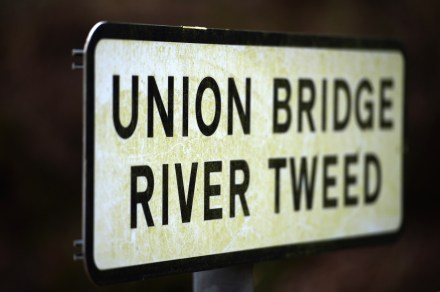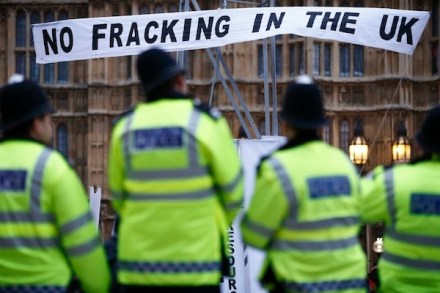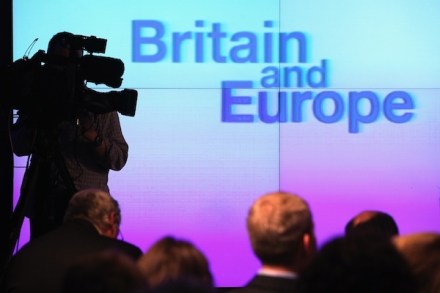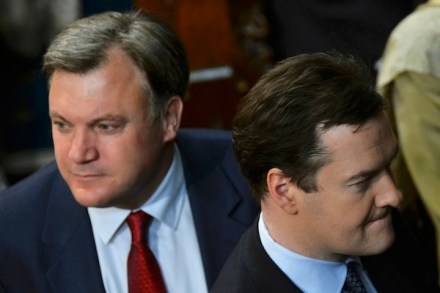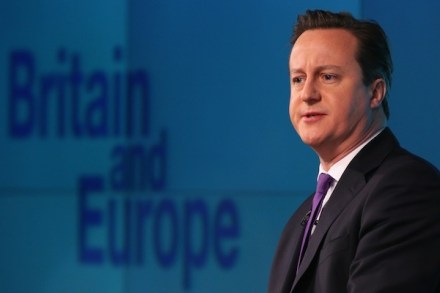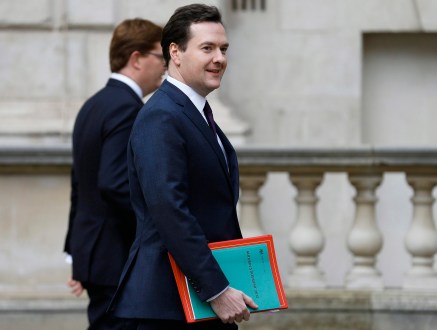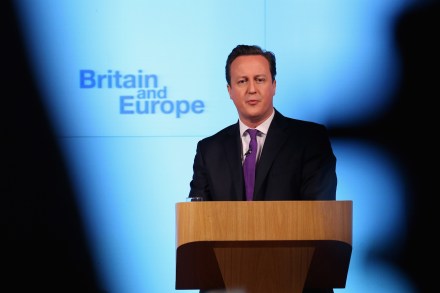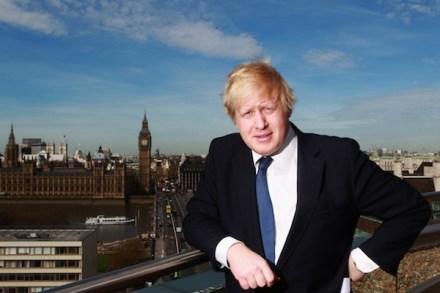How the Tories will write their manifesto
This week, David Cameron will announce the creation of a series of policy commissions charged with drawing up policies for the next Tory manifesto. Strikingly, every commission will include on it the chosen representative of the Tory backbenches. The groups will, as I say in the Mail on Sunday, be made up of the relevant Cabinet Minister, a member of the Prime Minister’s policy board and the MP in charge of the 1922’s policy work in this area. The Downing Street Policy Unit will provide the secretariat. Number 10’s hope is that by bringing MPs into this process, they’ll feel more loyal to the manifesto once it is produced. As
